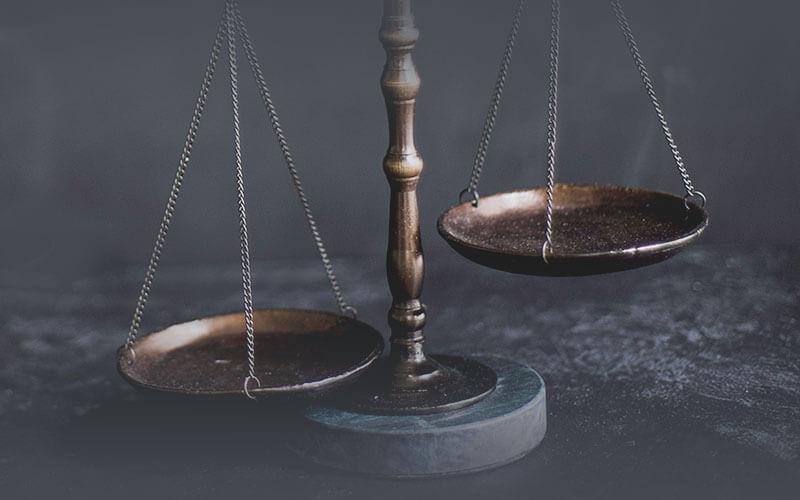Key Differences Between Criminal and Civil Law: What You Need to Know

If you haven’t had a lot of experience with the legal system, you might not be clear on the differences between criminal and civil law.
However, criminal and civil law are two distinct areas of the legal system. They operate differently because each has a unique purpose. We’re here to break down the differences between the two so you can learn what you need to know about each!
What is criminal law?
Criminal law is the one you’ve probably seen the most on TV. Criminal law is concerned with the prosecution of individuals who have been accused of committing a crime.
The main goal of criminal law is to penalize offenders, and ideally deter others from committing similar crimes in the future.
If a person is found guilty of a criminal offense, they may face penalties such as imprisonment, fines, or probation.
How does criminal law work?
The prosecution (the parties trying to prove that an individual is guilty of a crime) is required to provide proof beyond a reasonable doubt that the defendant (the person being accused) committed the crime.
If the defendant is found guilty, they will most likely face penalties like those listed above: imprisonment, fines, or probation.
Importantly, defendants in criminal cases have a legal right to an attorney. We’ve all heard the Miranda rights read on TV so many times that it’s become almost meaningless, but they’re important!
At their end, the Miranda rights state: “You have the right to an attorney. If you cannot afford one, one will be appointed by the court”. This means that every defendant is entitled to legal representation, even if they cannot personally afford to hire an attorney.
What is civil law?
Civil law deals with disputes between individuals or entities, such as contract disputes, property disputes, or personal injury claims.
The primary goal of civil law is to provide a remedy for the harm caused by one party to another. If a person is found liable in a civil case, they may be ordered to pay damages to the plaintiff.
How does civil law work?
In a civil case, the plaintiff is required to provide evidence to back up their claims against the defendant. If the defendant is found liable, they may have to pay damages– but won’t face imprisonment or criminal penalties.
Unlike criminal law, if an individual in a civil case cannot afford an attorney, they are not entitled to one at the government’s expense.
What is the difference between civil and criminal law?
In criminal law, the “burden of proof” is much higher. Prosecution is required to prove that the defendant committed the crime, in order to help the court reach an informed decision.
Criminal cases can end in criminal charges or imprisonment, while civil cases primarily result in monetary damages.
How do I find legal representation for my court case?
Finding the right attorney to represent you will be a different process, depending on whether your case is a civil or criminal dispute.
If you’re dealing with a criminal case, you’ll need to find an experienced criminal defense attorney. In a civil dispute, you’ll do well to find a civil litigation attorney.
Either way, at Digby Law Firm, we have the knowledge and the experience to fight for you in court. To get started, schedule a consultation with us today.
Need Advise?
If you’re looking for a badass child custody lawyer in Arkansas, look no further! Just contact the Digby Law Firm and schedule your free consultation today.
Separation vs. Divorce
The terms “separation” and “divorce” are sometimes (incorrectly) used interchangeably, both to mean the dissolution of a legal marriage. Their meanings can be similar in some ways, since separation and divorce both mean a married couple that no longer lives together....
No-Fault Divorce vs. Fault Divorce FAQ
Filing for divorce is a complicated process, with every state offering slightly different laws and regulations for the proceedings. It’s also an extremely emotionally fraught situation that can affect the most important aspects of a person’s life, like housing and...
Who Gets the Family Dog After a Divorce?
Many people treat their dogs like children. We buy them toys, dress them up, take them to the doctor, drop them off at “daycare” while we’re at work… But what happens to this part of your family when you’re getting a divorce? You can sell your home or car and split...




